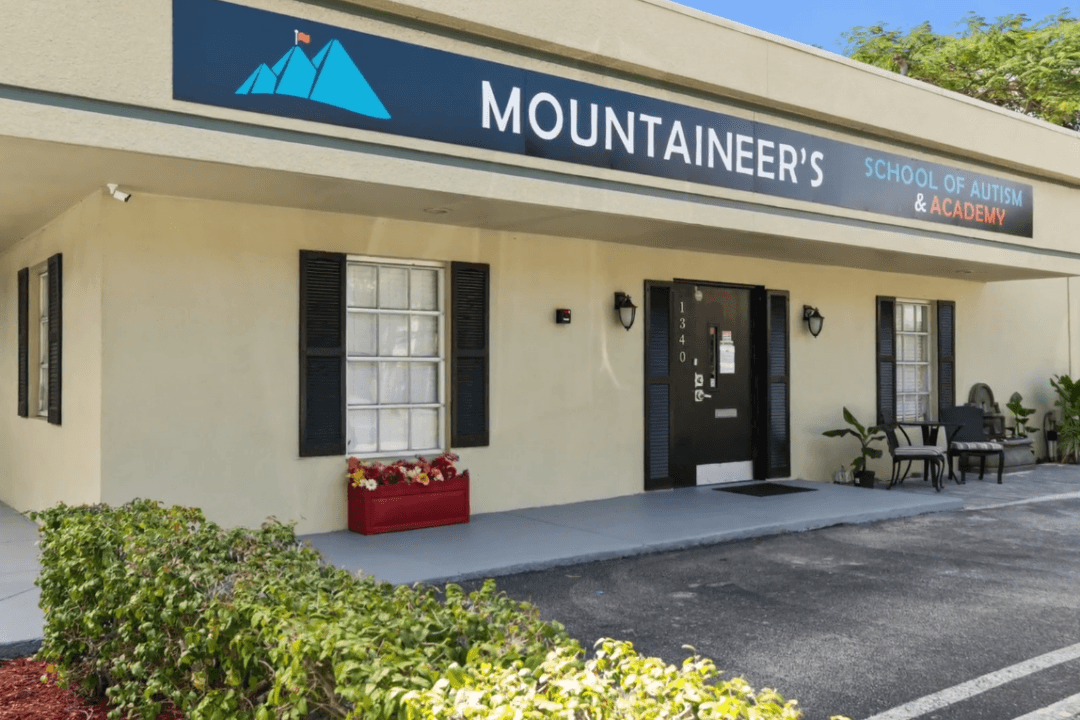Parents and school administrators are still experiencing delays with the rollout of Florida’s expanded school choice voucher program, which combined several scholarship funding organizations (SFOs) into two entities during the 2022-2023 school year.
The state legislature passed House Bill 1 in March, allowing Florida parents with state residency to request a school choice scholarship for their K–12 children.





